
Most of Oregon’s hospitals are losing money or barely covering expenses. Becky Hultberg, president of the Hospital Association of Oregon, says some could close without more support.

Most of Oregon’s hospitals are losing money or barely covering expenses. Becky Hultberg, president of the Hospital Association of Oregon, says some could close without more support.

As they appeal to Congress, leaders of Catholic health systems say planned cuts in Medicaid will hurt the most vulnerable, but they’ll also hurt millions of others as well.

Dr. Elena Fuentes-Afflick, chief scientific officer of the Association of American Medical Colleges, talks about the work to preserve federal funds for medical research.

Appearing before lawmakers at hearings on the health department’s budget, Kennedy fielded tough questions on the agency’s reorganization, research, and the measles outbreak.

Medical colleges and academic medical centers hope to prevent steep cuts at the National Institutes of Health. Dr. Elena Fuentes-Afflick of the Association of American Medical Colleges talks about what’s at stake.

Elizabeth Mitchell, president and CEO of the Purchaser Business Group on Health, talked with us about transparency, wide variance in prices and site neutral payments.
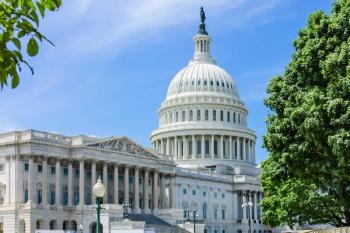
Healthcare leaders say the proposal would result in many losing access to care, and some hospitals would have to shut down.

Healthcare leaders are denouncing the move to terminate the Healthcare Infection Control Practices Advisory Committee, which sets standards to protect patients and staff.

Dr. John Whyte of WebMD will take the new post beginning in July. The AMA’s new leader has gained recognition as a health influencer and is a strong proponent of AI in medicine.

President Trump is nominating Means, a wellness influencer, after pulling his first choice, Dr. Janette Nesheiwat. Critics note Means is not a practicing doctor and didn’t finish her residency.
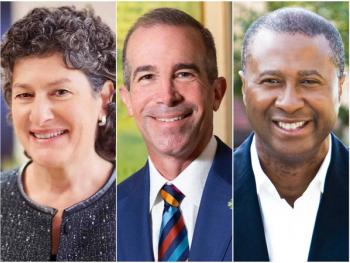
Leaders of Catholic health systems say cuts to Medicaid would leave many without coverage, and also deliver a blow to hospitals.

Prospect Medical Holdings is shutting down Crozer Health, which includes the medical center and Taylor Hospital. Taylor shut down last week, and Crozer-Chester closed Friday.

The health secretary is moving forward with a new policy, but some say it could delay vaccine trials and hurt confidence in vaccines.
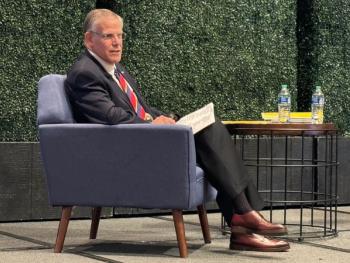
A new American Hospital Association report shows cost increases outpacing inflation, and growing burdens from Medicare Advantage plans. The report comes as Congress weighs cuts to Medicaid and other federal programs.

President Trump has issued an executive order calling for health systems to make it easier for consumers to compare prices. Some also want to address wide variances in prices.

The president has eliminated some health programs and laid off thousands. Advocacy groups are looking to preserve funding for Medicaid and the Affordable Care Act.
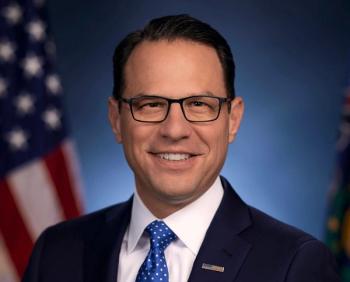
Prospect Medical Holdings is shutting down Crozer and its two hospitals in the Philadelphia area. Officials say they are seeking legislation to prevent it from happening again.

The company reported solid earnings in the first quarter, but like many hospital systems, HCA is anxious to get a better sense of federal policies and their impact.
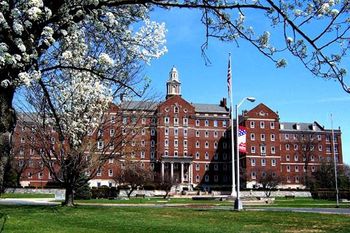
A new study finds reduced levels of burnout since the arrival of COVID-19, but burnout continues to surpass pre-pandemic levels.

The NIH and CDC could see billions in cuts in the draft proposal. The plan could be revised and Congress would still have to approve the spending plan.

The president’s order to lower prices of prescription drugs could lead to reduced payments to the 340B drug pricing program, hospitals say.

After earlier expectations of an uptick in deals this year, health systems appear to be more cautious in an unpredictable economic climate.

The new head of the Centers for Medicare & Medicaid Services says states shouldn’t use Medicaid money for surgeries or hormone treatments in minors.

The Centers for Medicare & Medicaid Services proposed a modest bump in payments for inpatient care. Hospitals say the government needs to do more.

The American Public Health Association’s director calls on Kennedy to step down as the nation’s health secretary. The group cites Kennedy’s staff cuts, reorganization and his refusal to promote vaccination.